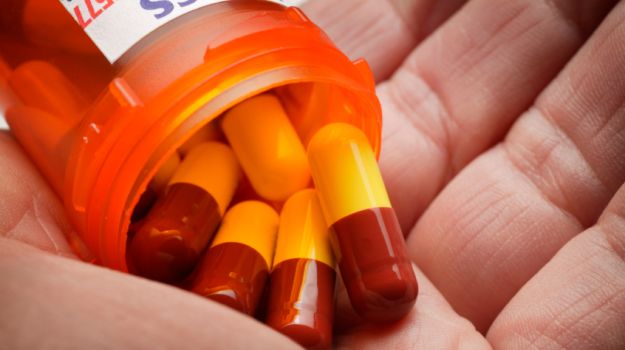
Is the antibiotic apocalypse nigh?
Experts warn that it is creeping closer.
In practice contemporary bioethics assumes a constantly increasing standard of medicine. The challenge is to ensure that healthcare resources are distributed equitably.
But that could change with an “antibiotic apocalypse”. If bacteria develop a resistance to antibiotics, common infections and diseases would once again become killers and surgery and cancer therapies would be far less effective. Medicine would be set back a hundred years.
Unfortunately, that day may not be too far away. This week Chinese scientists announced that they had found a new mutation, the MCR-1 gene, which makes bacteria resistant to colostin, the antibiotic of last resort. A report in the journal Lancet Infectious Diseases found colostin-resistant bacteria in a fifth of animals tested, 15% of raw meat samples and in 16 patients.
Prof Timothy Walsh, of the University of Cardiff, told BBC News:
“All the key players are now in place to make the post-antibiotic world a reality. If MCR-1 becomes global, which is a case of when not if, and the gene aligns itself with other antibiotic resistance genes, which is inevitable, then we will have very likely reached the start of the post-antibiotic era. At that point if a patient is seriously ill, say with E. coli, then there is virtually nothing you can do.”
A commentary in The Lancet concluded that unless something significant changes, doctors would “face increasing numbers of patients for whom we will need to say, ‘Sorry, there is nothing I can do to cure your infection.'”
Complacency is part of the problem, because doctors and veterinarians around the world prescribe antibiotics so freely that bacteria are developing resistance rapidly. And no new class of antibiotics has been developed since 1987.
However, the media and the public is finally becoming more aware of the issue. Earlier this month microbiologists celebrated the first World Antibiotic Awareness Week. Its spokeswoman, Professor Laura JV Piddock, of the University of Birmingham, stressed the impact of poorer health on other aspects of society.
“Every time we can’t treat an infection, a patient spends longer in hospital and there is the economic impact of not being in education or work. The consequences are absolutely massive, that’s actually something people have not quite grasped.”
https://www.bioedge.org/images/2008images/TH_antibiotic_apocalypse.jpg
Creative commons
https://www.bioedge.org/images/2008images/antibiotics_625x350_61448354213.jpg
antibiotics
public health
- How long can you put off seeing the doctor because of lockdowns? - December 3, 2021
- House of Lords debates assisted suicide—again - October 28, 2021
- Spanish government tries to restrict conscientious objection - October 28, 2021
